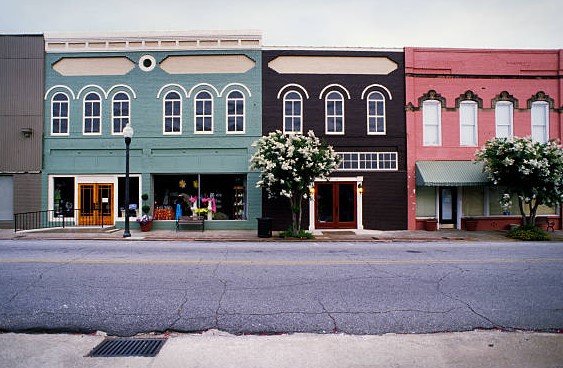Slips, trips, and lawsuits—keeping your property safe isn’t just smart, it’s survival.
Opening a business isn’t just about turning the key and watching customers roll in. If your location brings foot traffic, it also brings risk—and lots of it. One wrong step (literally) could land you in court.
Premises liability claims are rising across industries, especially in retail, hospitality, and office-based businesses. And the costs? They can be brutal. We’re talking tens or even hundreds of thousands in settlements, legal fees, or worse—long-term reputation damage. But with the right moves, most of it’s preventable.
What Premises Liability Actually Means for You
Let’s break it down simply: if someone gets hurt on your property and it could’ve been avoided? That’s a problem—and it’s likely your problem.
Business owners have what’s called a duty of care. That means keeping your space reasonably safe for employees, customers, vendors, or even delivery folks. If a hazard exists and you ignore it? That’s negligence.
This could include:
-
Wet floors with no warning signs
-
Broken railings or stairs
-
Poor lighting in parking lots
-
Loose carpeting or uneven walkways
-
Ice or snow not cleared properly
Even if it’s a freak accident, you may still be held liable if you “should have known” the hazard existed.
And here’s the kicker: courts often lean toward the injured party, especially if you can’t prove that safety was a priority on your end.

Insurance Can Be a Lifesaver—But Only If You Read the Fine Print
The most immediate layer of defense is insurance. But not all policies are created equal.
A standard commercial general liability (CGL) policy will usually cover bodily injury claims, including those from slip-and-falls or similar incidents. But that doesn’t mean you’re fully protected.
Let’s say you run a bustling retail store. You might also need:
-
Umbrella Coverage – Extends your limits if claims exceed your CGL policy
-
Workers’ Comp – Covers employee injuries (not customer injuries)
-
Professional Liability Insurance – Not directly tied to premises liability but still good to have in many industries
Here’s a small breakdown to help visualize what different policies generally cover:
| Insurance Type | Covers What? | Covers Who? |
|---|---|---|
| General Liability | Customer injuries, third-party property damage | Visitors, customers, vendors |
| Workers’ Compensation | On-site employee injuries | Employees |
| Umbrella Policy | Claims beyond the limits of basic policies | Both customers and third parties |
| Property Insurance | Damage to your building/assets (not injuries) | Business owner |
One sentence reminder: Insurance doesn’t prevent claims—it just helps pay for them after they hit.
Prevention: Your Best (and Cheapest) Strategy
Insurance is good. But not getting sued in the first place? Even better.
Routine safety checks should be part of your culture, not just a once-a-year thing. That includes daily walk-throughs of your property, checklists for cleaning, and training employees to spot potential hazards before a customer does.
And yes, document everything. If an accident happens, being able to show that you regularly inspect and maintain your premises can make or break your defense.
One-line paragraph: A mop and a checklist can save you thousands.
Here’s a short list of high-impact prevention tactics:
-
Place wet floor signs after mopping or spills
-
Install surveillance cameras—yes, for security, but also for legal defense
-
Fix uneven flooring, loose cables, or torn carpet ASAP
-
Make sure outdoor lighting is functional and bright
-
Keep entrances and walkways free of clutter, snow, or ice
Even minor steps—like repositioning a floor mat—can be the difference between a peaceful day and a nasty legal letter.
Employees Can Either Protect You—or Expose You
Your staff is your first line of defense. If they’re not trained right, you’re toast.
Make sure your team knows:
-
How to report and document hazards
-
What to say (and what not to say) when someone falls or gets hurt
-
How to complete incident reports without delay
-
That taking safety shortcuts isn’t just bad—it’s fireable
And yes, that includes part-timers and seasonal hires. If they interact with the public or work on-site, they need to be looped in.
Training might seem like a time-suck, but skipping it will cost you way more in court.
Trends Show Lawsuits Aren’t Slowing Down Anytime Soon
If you think only big box stores or national chains are targeted, think again. Small businesses are just as vulnerable—sometimes even more, since they often lack robust legal or HR departments.
A 2024 report from the National Federation of Independent Business (NFIB) noted that premises liability lawsuits were among the top five legal threats for small businesses, second only to employment claims.
And these suits aren’t just about broken bones. Plaintiffs claim everything from emotional distress to loss of income. In 2023, the average payout for a non-fatal injury on business premises in the U.S. was around $48,000—but some awards went into the six-figure range.








